As a fire fighter or paramedic, the pressures of the job and the constant exposure to trauma can slowly corrode your mental health and that of your entire crew. Many of the problems within the firehouse, such as a negative attitude or showing up late for a shift, can stem from internal struggles hidden inside. These issues need to be discussed, but addressing them with your team can be a challenge in itself.
It’s difficult to know how to start a conversation about mental health in the firehouse, especially when the underlying issue is not something you are comfortable addressing. But there are ways you can be more honest and mindful with crew members to get the ball rolling. Clear communication can help greatly in these situations.

Below are five ways you can establish a standard of open communication about mental health in the firehouse:
- Talk openly about how a difficult call made you feel. Speaking up first is no easy feat, but it’s one of the most effective ways to start a firehouse-wide conversation around mental health. On the ride back to the station, don’t be afraid to talk about your reaction to what you witnessed as it can encourage others — who may feel they’ll be judged for speaking up — to do the same. The more people decompress in this way, the more helpful the conversation will be for everyone involved. Even though it’s challenging, change can start with your example.
- Practice active listening. Talking and listening are two equally important sides of the same communication coin. When it comes to discussing mental health, talking honestly about your thoughts and feelings is therapeutic, and listening to the experiences and stories of others is just as crucial. Opening up about internal struggles is scary, so your co-workers deserve your full attention when they do. Instead of getting lost in your thoughts or waiting for your turn to speak, practice active listening techniques, such as holding an inviting posture, nodding and providing feedback to specific words or phrases.
- Be mindful of your words and attitude. Oftentimes, fire fighters use off-color jokes or humor to mask deep-seated emotional issues. An inability to cope with trauma can often present itself in a “suck it up, Buttercup” mentality or similar demeaning language. Condescending jokes and hurtful humor only perpetuate the stigma surrounding mental health illnesses, and discourage those who need help from speaking up. Don’t mimic these attitudes with your own words and actions. Instead, perpetuate small positive conversations that can work to create a judgment-free environment.
- Speak with a co-worker one on one. More often than not, fire fighters struggle silently with issues such as PTSD and substance use, and talking about mental health is the last conversation they want to have. But to truly help these individuals, one-on-one talks can be highly effective. Let your brother or sister know you’re there to listen and will keep the talk confidential. Don’t know what to say or do? Brush up on the basics of how to talk to a co-worker who is struggling before starting the conversation.
- Don’t be afraid to talk about treatment. While opening up a conversation in the firehouse setting can be beneficial for those struggling, professional counseling may be needed for some to work through the complexities of trauma and mental illness. Treatment is nothing to be ashamed of, yet misconceptions about what treatment is and isn’t can often prevent individuals from getting the help they need. If you suspect one of your crew members has a problem that a conversation can’t fix, talk to them about the IAFF Center of Excellence for Behavioral Health Treatment and Recovery. At this IAFF member-only facility, individual counseling and psychological therapy are a part of every treatment program to ensure each fire fighter can cultivate a healthier mental state for the long term.
Start the conversation in your firehouse. Be the one to break the silence and speak up about mental health issues. When you open up, others will follow, and healing can happen. If you’re interested in seeking help for behavioral issues or a substance use disorder, the IAFF Center of Excellence can get you the treatment you need. Call today to speak to someone who can help.




